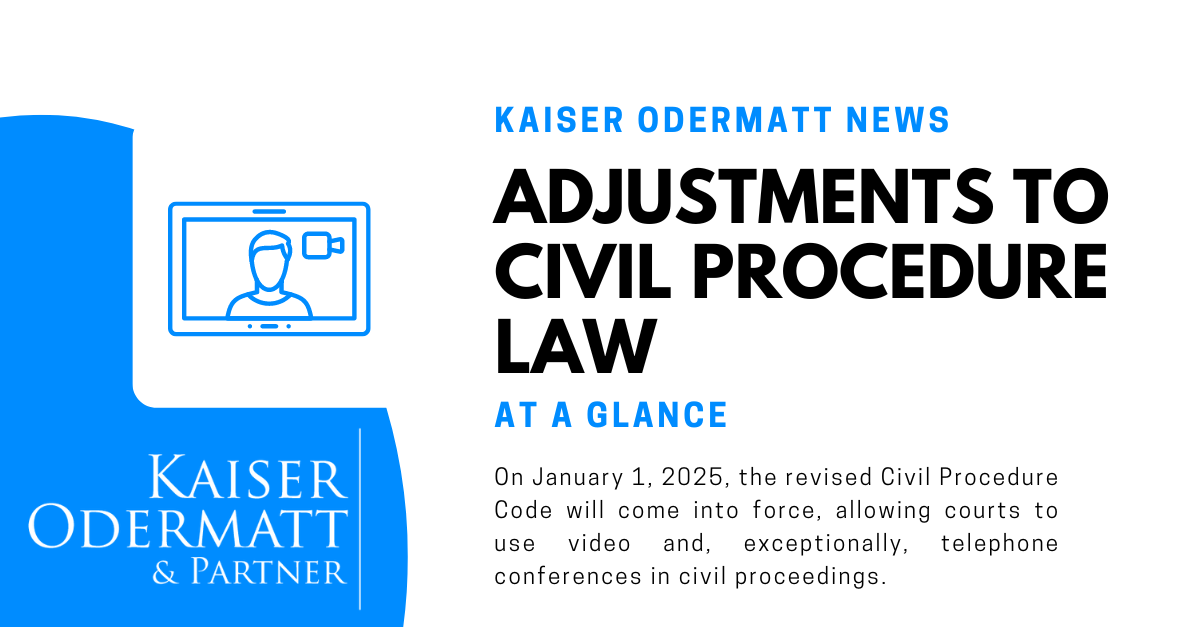Must the operation due to a official measure close, the company bears the economic risk. The employee is entitled to the obligation to continue paying wages, even if this can place a heavy burden on the employer. However, the employee may be obliged to make up for the lost working hours without additional compensation due to his duty of loyalty.
closes the business voluntary- for fear of a pandemic but without official instructions - the employer is also obliged to continue paying wages. In this case, however, the employee cannot be obliged to make up for lost working hours without additional compensation. However, the employee must allow what he has saved due to the inability to work or what he has acquired or intentionally failed to acquire from other work to be taken into account.
Is the employee after a private vacation prevented from fulfilling his or her work performance, this is a hindrance that can be traced back to the person of the employee. The employee is free to compensate for the loss of wages with holidays or overtime, but the absence remains unpaid. There is therefore no obligation for the employer to continue to pay wages. After a Business trip the case is different. This is a hindrance that does not lie in the person of the employee. Here, the prevention falls within the employer's sphere of risk, which is why the employer's obligation to continue paying wages in the event of absence after a business trip is guaranteed.
Is the Workers contracted the virus, the employer's obligation to continue paying wages continues to exist. Whether this failure at an existing Sick pay insurance can be specified must be checked in detail (contract conditions of the providers are different). In principle, the entitlement to insurance benefits begins when the incapacity to work begins. If the employer releases its employees due to protective measures, an obligation to continue paying wages cannot be passed on to the daily sickness benefits insurer.
If employees have to look after their children due to school closures and are therefore unable to work through no fault of their own, the employer must pay them their wages for a limited period of time. This is usually a maximum of three days. During this time, the parents must endeavor to organize alternative childcare.
Experts











